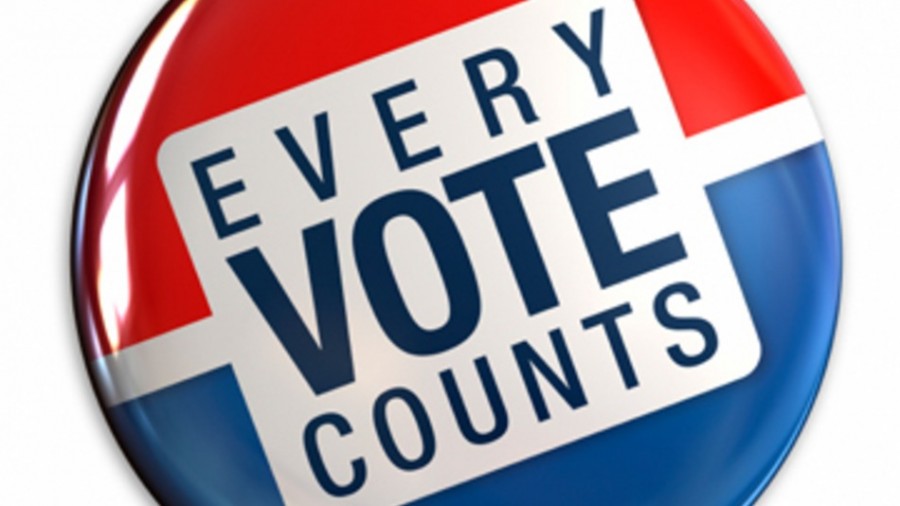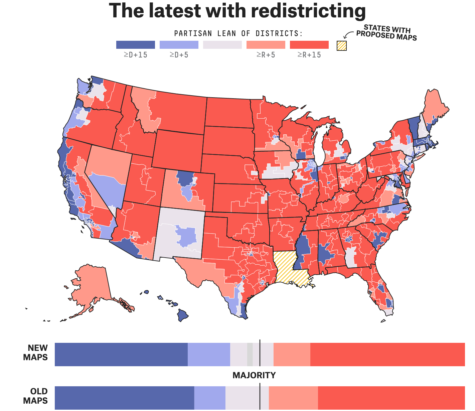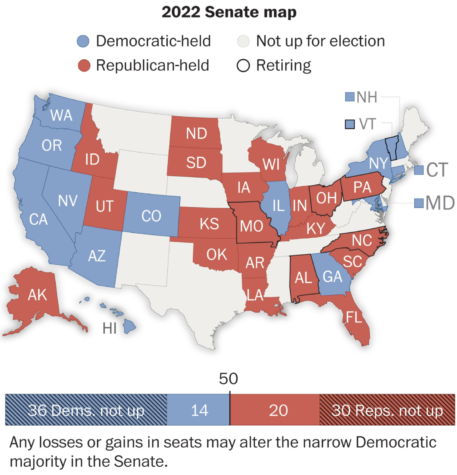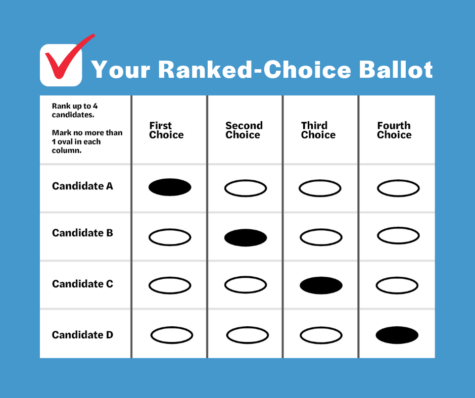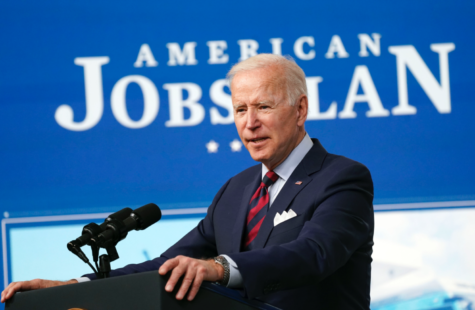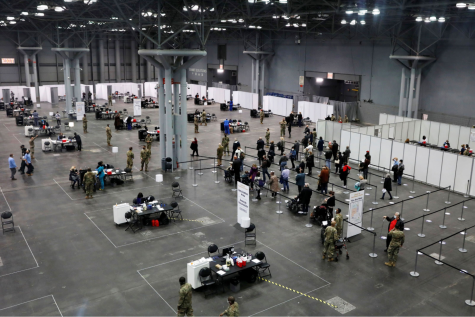The Race Begins: Analysis of the Iowa Caucus
On February 1st, the first step in the 2016 race to the White House formally began with the renowned Iowa Caucus. The front-runners in the Democratic and Republican parties had fought for the Iowan voices the past few weeks, campaigning in almost every county in the state.
But what is a caucus? And how does that differ from a primary? Caucuses and Primaries are two systems that serve to nominate candidates (one Republican, one Democrat) for the Presidential election. The two nominees then battle it out for the White House in the general election. A caucus refers to a “local gathering where voters openly decide which candidate to support” (Diffen). Democratic caucuses bear a slight difference from Republican ones; while Republican caucuses “declare their candidate preferences by a show of hands or secret ballot” (The New York Times), in the Democratic caucus, voters are split into “preference groups” based on their candidate of choice. The voters then engage in conversations, trying to convince each other and undecided voters to pursue their candidate of choice.
A primary, however, is less public and open. While it aims to nominate a candidate for each party, the election takes place simply by voters casting their ballots in private.
But we cannot understand the election process without understanding delegates. This past Breakfast Club, BC parent and former campaign veteran, Mr. Jim Sailer, described the rather esoteric process of winning delegates. Each state holds either a primary or a caucus and has a certain number of delegates. As stated earlier, the members of each party vote for the candidate they prefer to advance to the general election. However, a candidate can only achieve the nomination through the votes of the party delegates. When a candidate wins a primary or caucus in a certain state, he/she is allotted a certain number of that state’s delegates. Over the summer, these delegates, along with the other delegates of the 50 states, come together at the national nominating conventions and cast their votes in accordance with the voters’ choice in their states’ primaries and caucuses. For a candidate to then attain the nomination, he/she must have a specific number of delegates voting for them in this convention. Therefore, not only are candidates fighting for citizens’ votes, but in doing so, they are fighting for delegates. It’s also worth adding that alongside state delegates, superdelegates also attend the convention, where they can vote for any candidate they chose.
The Iowa caucus was the first of this long series of primaries and caucuses. On the Republican side, although many polls had predicted a victory from frontrunner Donald Trump, Texas senator Ted Cruz took the lead with 27.6% of the vote. Trump came second with 24.3%, and Florida senator Marco Rubio came third with 23.1%. However, while Cruz certainly gained attention and prestige for his victory among Republicans, he only earned eight of Iowa’s delegates and Trump and Rubio earned seven. This one-delegate difference is negligible considering that a Republican candidate must accumulate 1,144 to secure the nomination.
A much more gut-wrenching race took place among the Democrats. For hours as votes were counted, the votes of former Secretary of State, New York Senator, and First Lady, Hillary Clinton were neck-and-neck with those of Vermont Senator Bernie Sanders. As votes were counted, it was apparent that the Democrats of Iowa were torn and that Clinton and Sanders were in a “virtual tie” as Sanders later described. The gap between the two was a mere .3% with Clinton attaining 49.9% of Iowa’s delegates and Sanders with 49.6%. In her “victory” speech (they hadn’t been 100% sure of a victory, since the numbers were so close and final votes were still being counted), Clinton embraced the nail-biting victory with open arms, stating that she “breathed a sigh of relief.” Additionally, it’s worth noting that Clinton made history Monday night as the first woman to formally win the Iowa caucus.
So the questions remain: Will Trump continue to win as Rubio rises in popularity? And for the democrats, who will prevail: Clinton, the veteran politician, or Sanders, the revolutionary socialist?
For more information:
http://www.cfr.org/elections/role-delegates-us-presidential-nominating-process/p15414
https://votesmart.org/education/presidential-primary#.VrQNRmQrLEY

